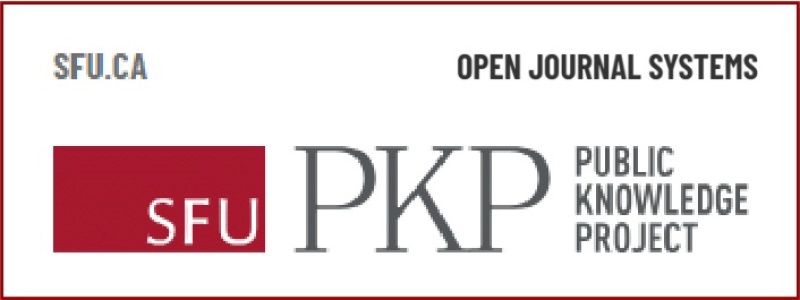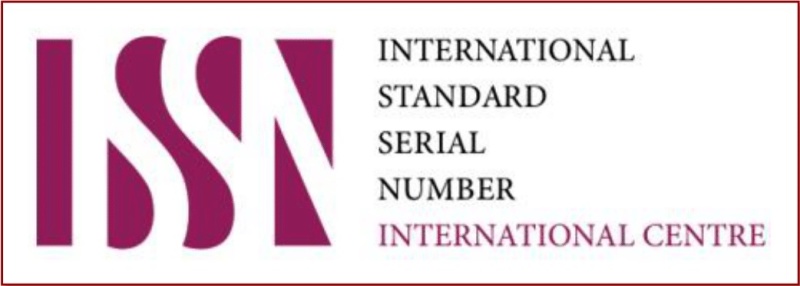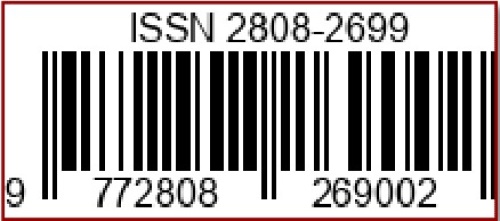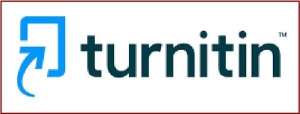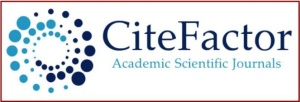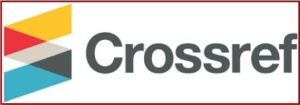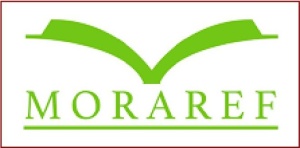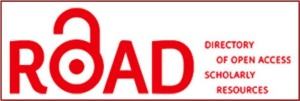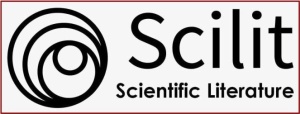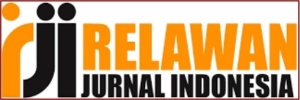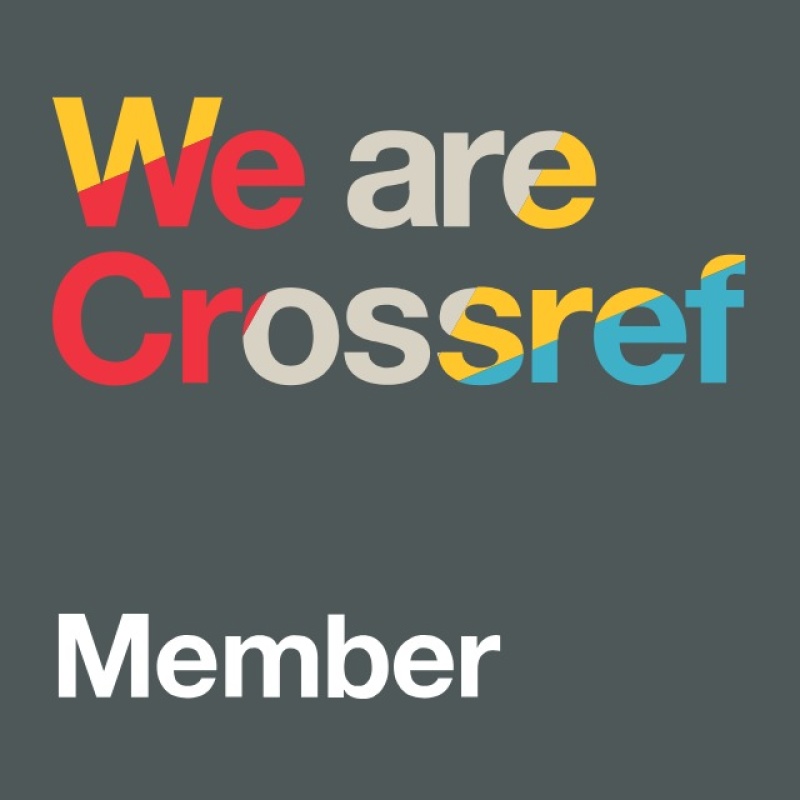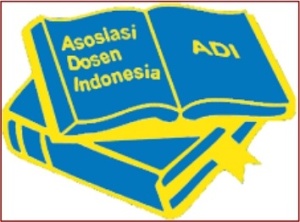Konseptualisasi Literasi Sains Mengacu pada Kerangka Sains Pisa Sejak Tahun 2000
DOI:
https://doi.org/10.36312/ejiip.v2i4.117Keywords:
Scientific Literacy, PISA.Abstract
During the 7 rounds of PISA, Indonesian students consistently ranked low in scientific literacy assessments. In the last decade, many studies have been carried out by science education researchers in Indonesia in an effort to improve students' scientific literacy. However, this fact is contradictory to the results of the scientific literacy assessment of Indonesian students which still remains low. This can be caused by not many Indonesian science educators who understand the characteristics of scientific literacy. What are the characteristics of scientific literacy in PISA is important to understand so that teachers can apply learning oriented towards the development of scientific literacy in schools and universities. This article aims to describe the characteristics of scientific literacy referring to the PISA science framework in the period 2000-2021. This article was compiled through a literature review. Scientific literacy is defined as the ability of individuals to devote attention to science-related topics and science ideas as a form of individual reflection. A person who is scientifically literate will always devote attention to logical debates regarding science and technology that require competence: 1) explaining phenomena scientifically; 2) evaluate and design scientific investigations; and 3) interpret data and evidence scientifically. Scientific knowledge consist of content, procedural, and epistemic knowledge. The scientific literacy context consist of health and disease, natural resources, environmental quality, hazards and contamination, and the limitations of science and technology. The PISA science attitude aspect consists of a critical attitude of science in decision making and a creative attitude characterized by the ability to propose scientific ideas. In PISA 2021, scientific literacy assessment is not only present as a core domain, but also integrated with mathematical literacy, reading, and creative thinking.
Downloads
References
Avvisati, F., Echazarra, A., Givord, P., & Schwabe, M. (2019). Country Note Programme for International Student Assessment (PISA): Result from PISA 2018. In OECD 2019 Vol. I-III (pp. 1-10). Paris, Prancis: Organisation for Economic Cooperation and Development. https://doi.org/10.1007/978-94-6209-497-0_69
Brockbank, E., & Walker, C. M. (2022). Explanation Impacts Hypothesis Generation, But Not Evaluation, During Learning. Cognition, 225(1), 1-13. https://doi.org/10.1016/j.cognition.2022.105100
Dempster, E. R., & Kirby, N. F. (2018). Inter-Rater Agreement in Assigning Cognitive Demand to Life Sciences Examination Questions. Perspectives in Education, 36(1), 94-110. https://doi.org/10.18820/2519593X/pie. v36i1.7
Dewi, C. A., Khery, Y., & Erna, M. (2019). An Ethnoscience Study in Chemistry Learning to Develop Scientific Literacy. Jurnal Pendidikan IPA Indonesia, 8(2), 279-287. https://doi.org/10.15294/jpii.v8i2.19261
Khery, Y., Muzaki, A., Nufida, B. A., Lesnawati, Y., Rahayu, S., Candra, N., & Setiawan, E. (2020). Mobile-Nature of Science Model of Learning for Supporting Student Performance on General Chemistry Classroom. International Journal of Interactive Mobile Technologies, 14(12), 122-137. https://doi.org/10.3991/ijim.v14i12.15591
Kurniati, D., Jember, U., & Annizar, A. M. (2017). The Analysis of Students Cognitive Problem Solving Skill in Solving PISA Standard-Based Test Item. Advanced Science Letters, 23(2), 776-780. https://doi.org/10.1166/asl.2017.7466
Mukti, W. R., Yuliskurniawati, I. D., Noviyanti, N. I., Mahanal, S., & Zubaidah, S. (2019). A Survey of High School Students Scientific Literacy Skills in Different Gender. Journal of Physics: Conference Series, 1241(1), 1-9. https://doi.org/10.1088/1742-6596/1241/1/012043
OECD. (2013). PISA 2012 Assessment and Analytical Framework: Mathematics, Reading, Science, Problem Solving and Financial Literacy. Paris: Organisation for Economic Cooperation and Development (OECD) Publishing.
______. (2016). PISA 2015 Assessment and Analytical Framework: Science, Reading, Mathematic and Financial Literacy, PISA. Paris: Organisation for Economic Cooperation and Development (OECD) Publishing.
______. (2017). PISA for Development Assessment and Analytical Framework: Reading, Mathematics and Science (Preliminary Version). Paris: Organisation for Economic Cooperation and Development (OECD) Publishing.
______. (2019). PISA 2018 Assessment and Analytical Framework. Paris: Organisation for Economic Cooperation and Development (OECD) Publishing.
______. (2019). PISA 2018 Released Field Trial and Main Survey New Reading Items. Paris: Organisation for Economic Cooperation and Development (OECD) Publishing.
______. (2019). PISA 2021 Context Questionnaire Framework (Field Trial Version). Paris: Organisation for Economic Cooperation and Development (OECD) Publishing.
______. (2021). No Title PISA 2021 Creative Thinking Framework. In PISA 2022 Assessment and Analytical Framework. Paris: Organisation for Economic Cooperation and Development (OECD) Publishing.
______. (2021). PISA 2021 Integrated Design. In PISA 2022 Assessment and Analytical Framework. Paris: Organisation for Economic Cooperation and Development (OECD) Publishing.
______. (2021). PISA 2021 Mathematics Framework. In PISA 2022 Assessment and Analytical Framework. O Paris: Organisation for Economic Cooperation and Development (OECD) Publishing.
Panji, H. (2014). Pentingnya Konsep Dasar Sains pada Pendidikan Tingkat SD/MI dalam Mengejar Kemajuan Teknologi. Al-Bidayah, 6(2), 273-289. https://doi.org/10.14421/al-bidayah.v6i2.150
Pimm, D., & Treagust, D. (2013). Connecting Mathematics in Primary Science Inquiry Projects. International Journal of Science and Mathematics Education, 11(2), 385-406. https://doi.org/10.1007/s10763-012-9342-3
Pratiwi, I., Solihin, L., Atamadiredja, G., & Utama, B. (2020). Meningkatkan Kemampuan Literasi Membaca di Kelas Awal. Jakarta: Kementerian Pendidikan dan Kebudayaan Republik Indonesia.
Pusat Penelitian Kebijakan Pendidikan dan Kebudayaan. (2018). Optimalisasi Gerakan Literasi Sekolah. Jakarta: Badan Penelitian dan Pengembangan, Kementerian Pendidikan dan Kebudayaan Republik Indonesia.
______. (2019). Literasi Dasar: Membangun Fondasi Belajar Siswa. Jakarta: Badan Penelitian dan Pengembangan, Kementerian Pendidikan dan Kebudayaan Republik Indonesia.
Rubini, B., Ardianto, D., Pursitasari, I. D., & Permana, I. (2016). Identify Scientific Literacy from the Science Teachers Perspective. Jurnal Pendidikan IPA Indonesia, 5(2), 299-303. https://doi.org/10.15294/jpii.v5i2.7689
Shaffer, J. F., Ferguson, J., & Denaro, K. (2019). Use of the Test of Scientific Literacy Skills Reveals That Fundamental Literacy is an Important Contributor to Scientific Literacy. CBE Life Sciences Education, 18(3), 1-10. https://doi.org/10.1187/cbe.18-12-0238
Suaedi. (2016). Pengantar Filsafat Ilmu. Bogor: IPB Press.
Subaidah, T., Muharrami, L. K., Rosidi, I., & Ahied, M. (2019). Analisis Kemampuan Literasi Sains pada Aspek Konteks dan Knowledge Menggunakan Cooperative Problem Solving (CPS) dengan Strategi Heuristik. Natural Science Education Reseach, 2(2), 113-122. https://doi.org/10.21107/nser.v2i2.6238
Suprayitno, T. (2019). Pendidikan di Indonesia Belajar dari Hasil PISA 2018. Jakarta: Pusat Penilaian Pendidikan Balitbang Kemendikbud.
Sutrisna, N. (2021). Analisis Kemampuan Literasi Sains Peserta Didik SMA di Kota Sungai Penuh. JIP : Jurnal Inovasi Penelitian, 1(12), 2683-2694. https://doi.org/10.47492/jip.v1i12.530
Wartono., Takaria, J., Batlolona, J. R., Grusche, S., Hudha, M. N., & Jayanti, Y. M. (2018). Inquiry-Discovery Empowering High Order Thinking Skills and Scientific Literacy on Substance Pressure Topic. Jurnal Ilmiah Pendidikan Fisika Al-Biruni, 7(2), 139-151. https://doi.org/10.24042/jipfalbiruni.v7i2.2629
Widowati, A., Anjarsari, P., Zuhdan, K. P., & Dita, A. (2018). Applying Innovative Approach “Nature of Science (NoS) Within Inquiry” for Developing Scientific Literacy in the Student Worksheet. Journal of Physics: Conference Series, 983(1), 1-7. https://doi.org/10.1088/1742-6596/983/1/012199
Yuliati, Y. (2017). Literasi Sains dalam Pembelajaran IPA. Jurnal Cakrawala Pendas, 3(2), 21-28. http://dx.doi.org/10.31949/jcp.v3i2.592
Yuliati, L., Parno., Hapsari, A. A., Nurhidayah, F., & Halim, L. (2018). Building Scientific Literacy and Physics Problem Solving Skills through Inquiry-Based Learning for STEM Education. Journal of Physics: Conference Series, 1108(1), 1-6. https://doi.org/10.1088/1742-6596/1108/1/012026
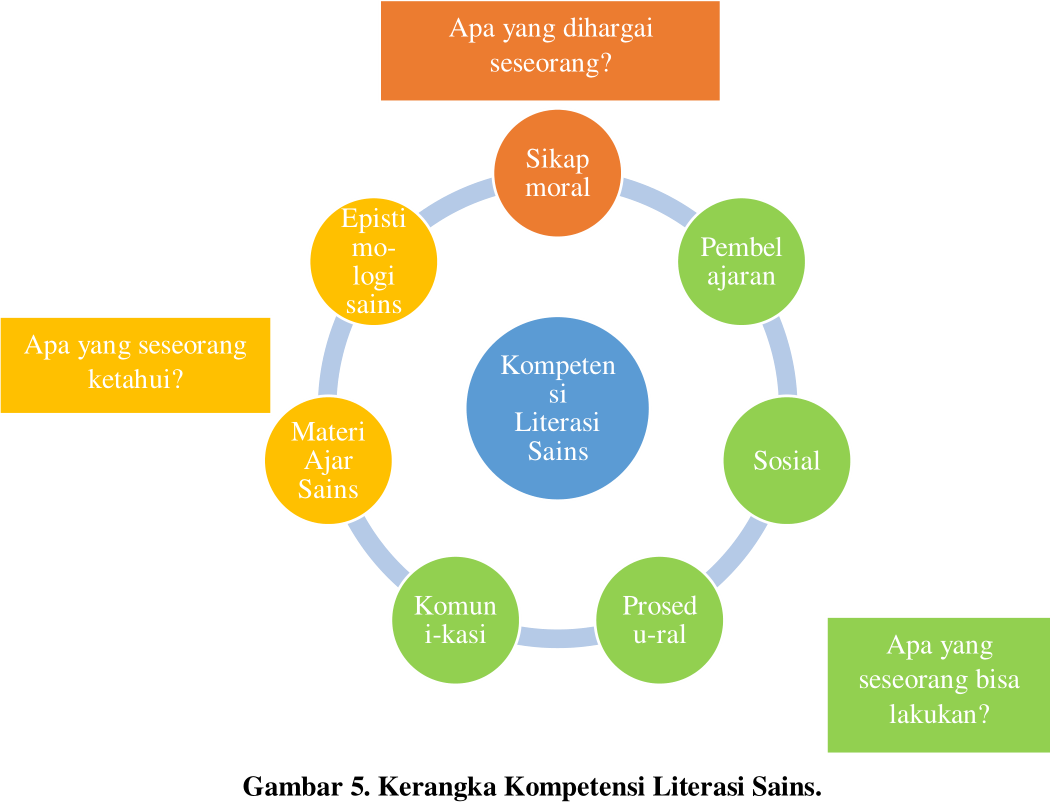
Downloads
Published
How to Cite
Issue
Section
License
Copyright (c) 2022 Yusran Khery, Muhammad Sarjan, Sukainil Ahzan, & Ismail Efendi

This work is licensed under a Creative Commons Attribution-ShareAlike 4.0 International License.
-
Attribution — You must give appropriate credit, provide a link to the license, and indicate if changes were made. You may do so in any reasonable manner, but not in any way that suggests the licensor endorses you or your use.
-
ShareAlike — If you remix, transform, or build upon the material, you must distribute your contributions under the same license as the original.

